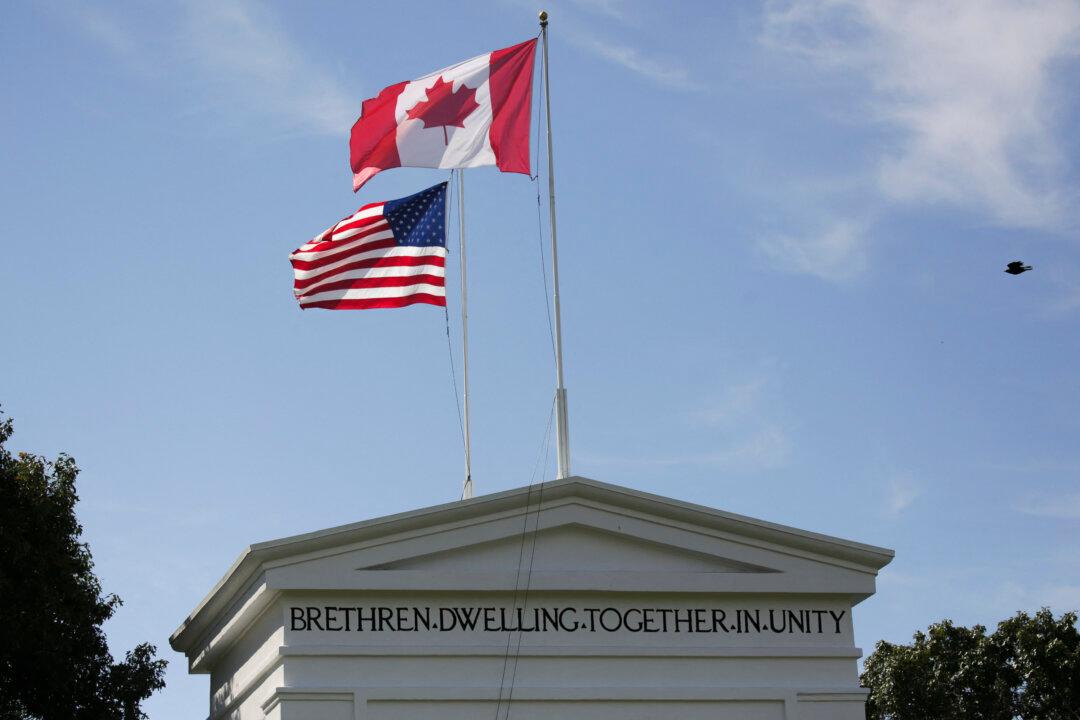Six Northeastern governors have invited the premiers of six Canadian provinces to meet in Boston to address the impact of President Donald Trump’s recent tariffs and explore ways to “maintain strong trade relations.”
The invitation was extended on May 5 by Massachusetts Gov. Maura Healey, who was joined by governors of Maine, New York, Connecticut, Rhode Island, and Vermont.





